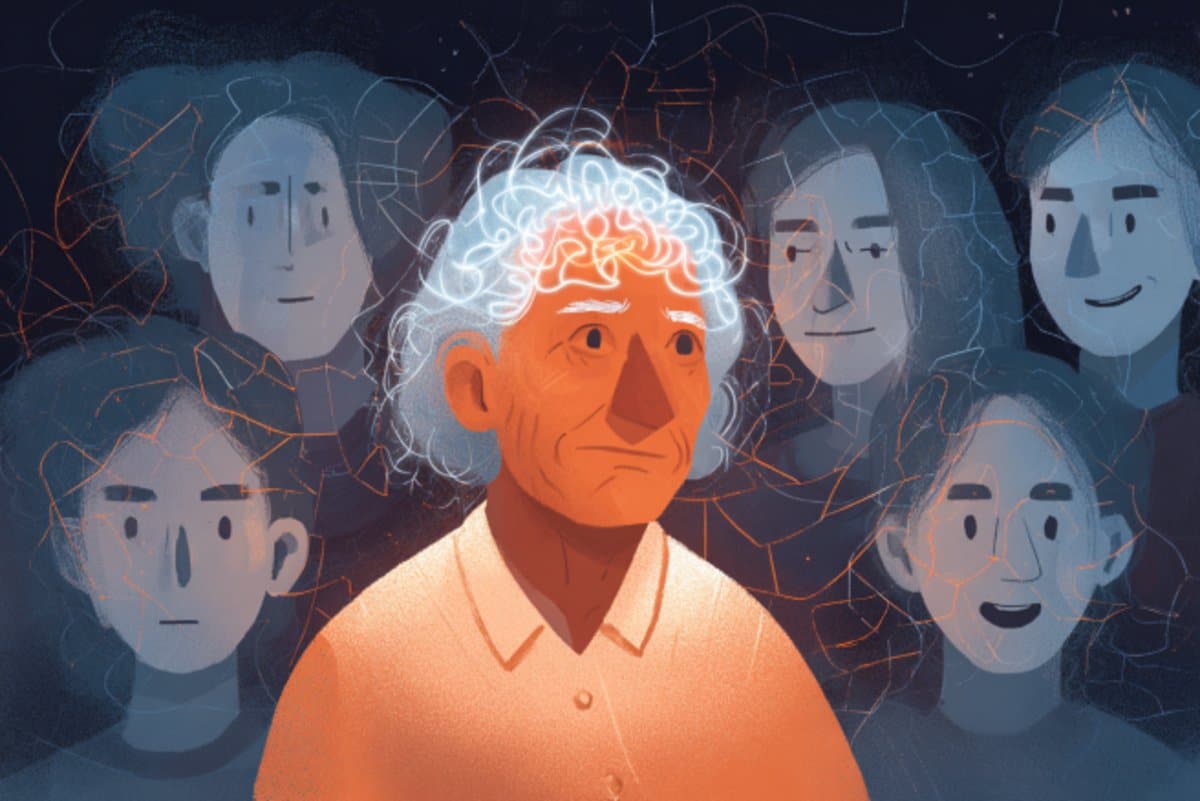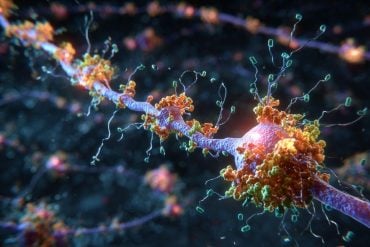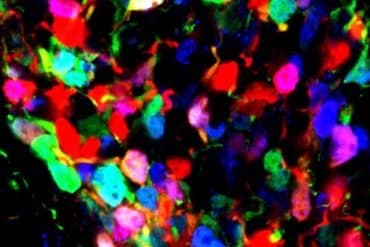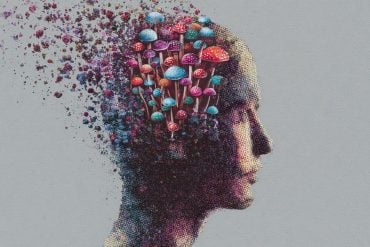Summary: New research suggests that the tendency of older adults to misinterpret neutral or negative emotions as positive may be a warning sign of cognitive decline. In a study of 665 participants, positivity bias was associated with poorer cognitive performance but not with emotional decline such as depression.
Brain imaging revealed structural and communication changes in regions tied to emotion and social decision-making. These findings suggest positivity bias could serve as a subtle, early marker for neurodegeneration and dementia.
Key Facts
- Positivity Bias: Older adults often mislabel neutral or negative emotions as positive.
- Cognitive Link: This bias was tied to poorer cognitive scores, not depressive symptoms.
- Brain Changes: Structural and functional alterations in emotion-related regions were observed.
Source: SfN
As people age, they display a bias in recognizing emotions as positive—to the point of improperly labeling neutral or negative emotions as positive.
Some researchers theorize this bias is an adaptive mechanism to support mental and emotional wellness, but new evidence suggests it may be a sign of cognitive decline.
In a new Journal of Neuroscience paper, Noham Wolpe, from Tel Aviv University, and colleagues, from the University of Cambridge, advance understanding on what this positive emotion bias that elders exhibit signifies about their brains’ health.
A large pool of participants (665) viewed faces in an emotion recognition task. Age-related positivity bias correlated with poorer cognitive performance in two assessments, but not necessarily emotional decline as measured by examining nonclinical depressive symptoms.
The researchers also observed structural changes in brain areas associated with emotional processing and changes in how these areas communicate to another brain region involved in social decisions.
Thus, positivity bias from aging impacts the brain in observable ways that could be leveraged clinically to detect early rising signs of age-related neurodegeneration and cognitive decline.
Says Wolpe of the group’s next steps, “We are exploring how these findings relate to older adults with early cognitive decline, particularly those showing signs of apathy, which is often another early sign of dementia.”
About this aging and cognitive decline research news
Author: SfN Media
Source: SfN
Contact: SfN Media – SfN
Image: The image is credited to Neuroscience News
Original Research: Closed access.
“Age-Related Positivity Bias in Emotion Recognition is Linked to Lower Cognitive Performance and Altered Amygdala–Orbitofrontal Connectivity” by Noham Wolpe et al. Journal of Neuroscience
Abstract
Age-Related Positivity Bias in Emotion Recognition is Linked to Lower Cognitive Performance and Altered Amygdala–Orbitofrontal Connectivity
Changes in emotion recognition are observed in ageing, in dementia, after brain lesions and as a function of mental health factors, such as depression.
Older adults have been argued to show a ‘positivity bias’, which has been associated with a relatively spared recognition accuracy for positive emotion, and an increased tendency to label emotions as positive.
This bias has been suggested to support mental well-being in ageing. However, it has also been found in association with cognitive decline and brain lesions.
Here, we investigated the brain correlates of this age-related positivity bias.
We used multimodal brain imaging in a large of human adults (n=665, 333 females) drawn from a population-derived cohort across the adult lifespan, together with a psychometric analysis of an emotion recognition task using facial expressions.
Apart from overall reductions in expression recognition accuracy, older adults showed a notable pattern of increased perceptual thresholds for negative emotions and a reduced threshold for the positive emotion, even after accounting for general face recognition abilities.
This positivity bias in labelling emotions was strongly associated with lower cognitive performance in older people, but not with (non-clinical) depressive symptoms.
It was also associated with reduced grey matter volume in bilateral anterior hippocampus-amygdala, and increased functional connectivity between these regions and orbitofrontal cortex.
Together, this age-related positivity bias is associated with cognitive decline and structural and functional brain differences.
A positivity bias in emotion recognition may therefore reflect an early marker of neurodegeneration; a hypothesis that could be tested in future longitudinal studies.







